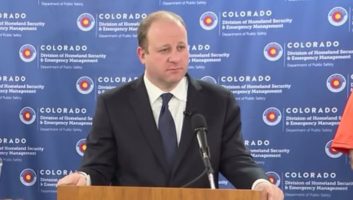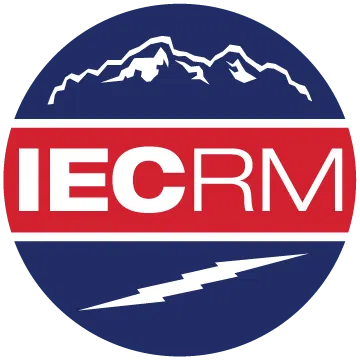Executive Orders in Colorado

Governor issues executive order for 50% reduction for all non-critical workplaces now in effect. Denver institutes “stay-at-home” and non-essential business closure orders.
It was inevitable. On Sunday, March 22nd, Governor Polis issued Executive Order D2020-013 ordering Colorado non-critical-workplaces to reduce their in-person workforce by 50% due to the presence of COVID-19 in the State. Immediately following, Denver Mayor Michael Hancock and the City and County of Denver followed suit. View the Executive Order
The good news, if that can be said, is that the construction industry sectors are considered essential businesses and workers meaning that IECRM contractors are able to remain open for business.
Colorado saw its coronavirus cases on March 22 make the largest single-day jump for the fourth straight day, with 116 new confirmed cases reported, bringing the total to 591. See real-time statistics here.
As case numbers rise, so does the number of disruptions in the lives of Coloradans. Life as we knew it has come to a halt. Across the state, many are working from home, kitchen tables have transformed into school desks, churches are going virtual, and the working class wonders how bills will be paid.
These executive orders direct all Colorado and Denver non-essential businesses to implement telework capabilities to the greatest extent possible. Denver’s order mandated business closures by 5 pm on March 24. This will extend through April 10. It could be extended further, if necessary. As Mayor Michael Hancock said during his announcement, “This isn’t a recommendation anymore. People need to stay at home…we will enforce when and where necessary.” Read the full text of the Denver order here.
To learn more about how “essential” business and workers are defined, read this article in Ted Magazine’s Daily News update for the electrical distribution sector.
Here are the critical workplaces that are exempted:
- Healthcare Operations
- Critical Infrastructure, Including utilities, fuel supply and transmission, public water, telecommunications, transportation, hotels, organizations that provide for disadvantaged people, and food supply chain
- Critical Manufacturing, Including food, beverages, chemicals, medical equipment, pharmaceuticals, sanitary products, agriculture
- Critical Retail, Including grocery stores, liquor stores, farms, gas stations, restaurants and bars for takeout, marijuana dispensaries but only for medical or curbside delivery, hardware stores
- Critical Services, Including trash and recycling, mail, shipping, laundromats, child care, building cleaning and maintenance, auto supply and repair, warehouses/distribution, funeral homes, crematoriums, cemeteries, animal shelters and rescues
- News Media
- Financial Institutions
- Providers of Basic Necessities to Economically Disadvantaged Populations
- Construction
- Defense
- Public Safety Services like law enforcement, fire prevention and response, EMTs, security, disinfection, cleaning, building code enforcement, snow removal, auto repair
- Vendors that Provide Critical Services or Products including logistics, child care, tech support, or contractors with critical government services
- “Critical Government Functions”
